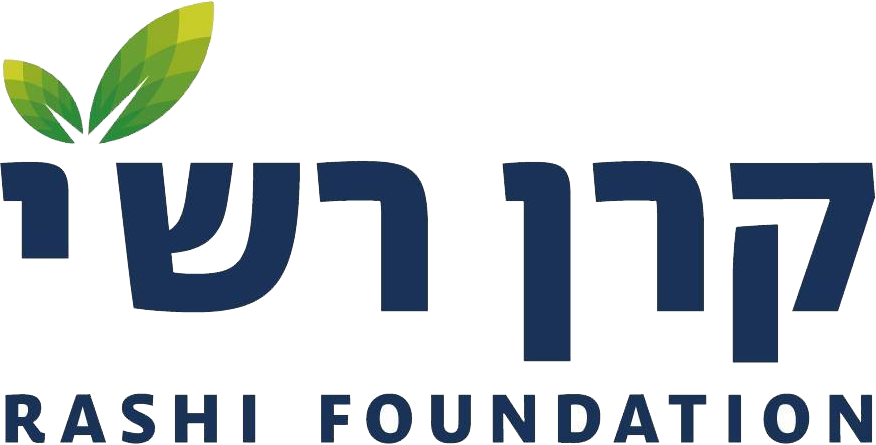ocial Impact Bonds (SIB) are tools for financing programs that address social problems effectively, based on the principle of “pay for success”.
Social Impact Bonds
Aiming to advance impact investments in Israel, and social impact bonds in particular, Rashi has joined Social Finance Israel (SFI) in carrying out feasibility studies to identify social issues that can be addressed through the SIB model. SFI develops bonds for these issues and manages their implementation. In addition to facilitating the development of innovative solutions, the initiative can pave the road for more players to enter this field.
Social Impact Bonds in development stages:
Single parent families: In view of the high poverty rate among single-parent families in Israel, the program focuses on 17,000 families who get an alimony allowance from the National Insurance Institute, and represent the most deprived group in this population. The intervention is designed to remove obstacles to gainful employment of the parents (mostly women) and improve their earning capacity.
Women in technology fields: The gender gap in high-tech can be traced back to significant under-representation of female high school students in computer science courses. The development of the project includes identifying the specific hurdles the girls face and the best point in time for effective intervention that will drive nationwide change.
In addition to the joint initiative, Rashi is invested in SIBs developed by SFI with other partners, for preventing type 2 diabetes and for enhancing math achievements for Bedouin youth.
Related Programs
Providing teenage girls with knowledge and skills in cyber and computers that they can apply in technology assignments in military or civil service, and eventually in high-tech careers
Sparking children’s interest in science and technology through experiential learning activities, with youth acting as counselors and enriching their own skills and knowledge.
Comprehensive support allows underprivileged students to overcome financial, academic and social challenges that seem insurmountable and gain access to higher education.






